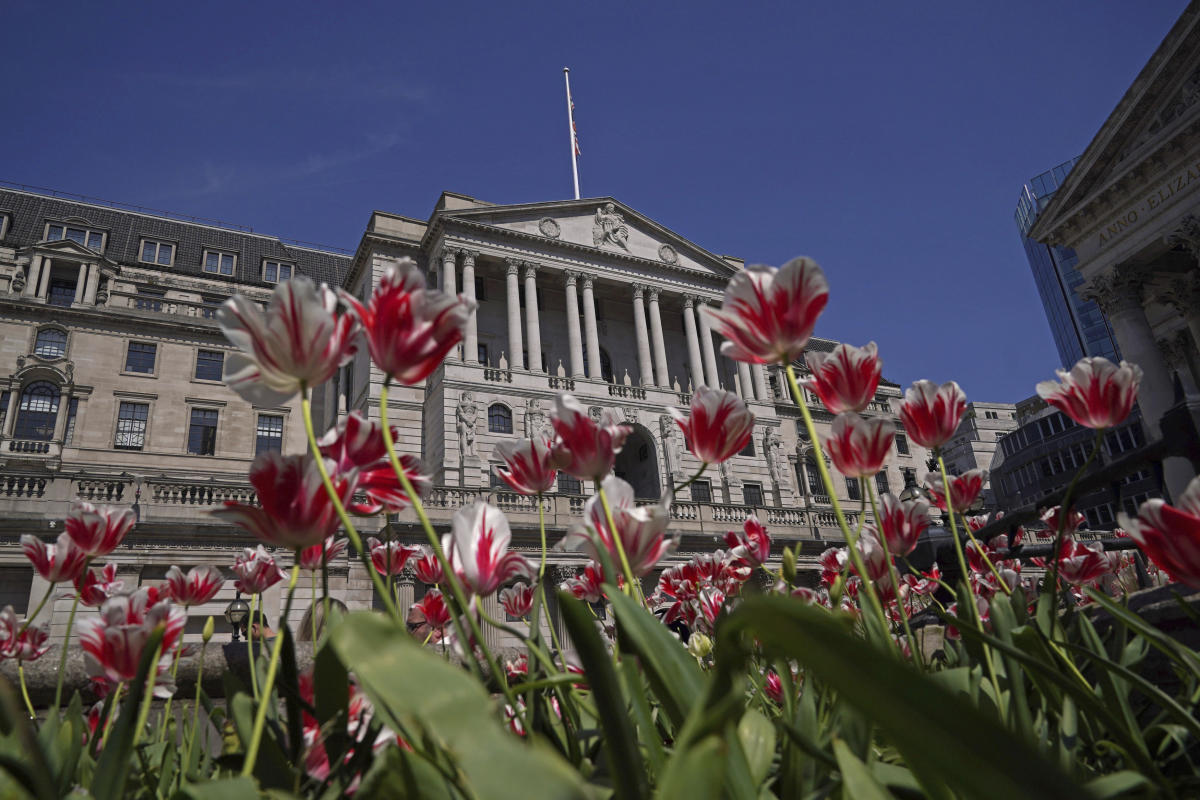The ongoing tensions in the Middle East have put upward pressure on commodity prices, particularly oil and gold, which could potentially halt or undermine recent progress in addressing global inflation. This has ended the period of deflation resulting from moderation in commodity prices. Indermeet Gill, the World Bank Group’s Chief Economist and First Vice President, stated that a major energy shock caused by these tensions could undo much of the progress made in reducing inflation over the past couple of years.
The Israeli military campaign in Gaza has heightened tensions in the region and led to an increase in oil prices. The bank’s forecast for global commodity markets highlights this issue. In addition to affecting interest rates, a severe disruption in oil supply due to the conflict could exacerbate food insecurity, which has already worsened due to armed conflicts and high food prices in the past year. The World Bank’s analysis suggests that if the worst-case scenario of supply disruptions comes to pass, global inflation could rise by about one percentage point. This is a challenging time for the world, with potential significant economic impact from ongoing tensions in the Middle East.



